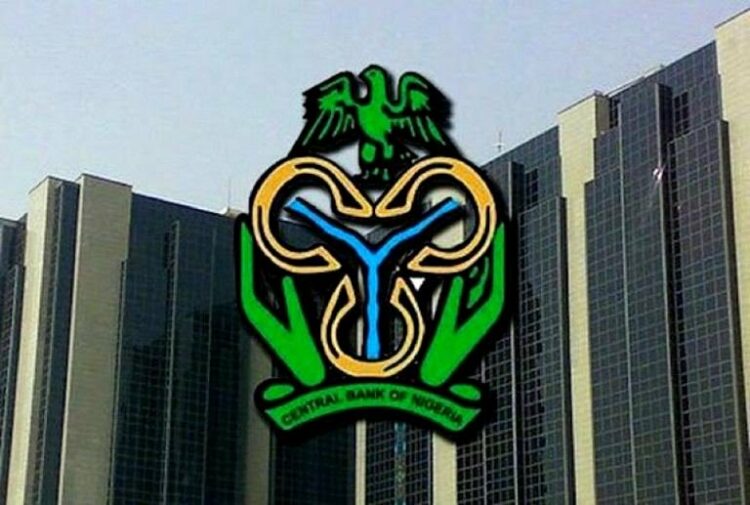NIGERIAN parents have spent $39.66bn on the education education and healthcare-related services of their wards in foreign lands between 2010 and 2020, according to the Central Bank of Nigeria data.
The CBN’s Balance of Payments showed that Nigerian parents and guardians paid about $28.65bn for their wards education in overseas during the period under review.
The BoP report also indicated that Nigerians paid $11.01bn for healthcare-related services in foreign countries.
The amount spent on these foreign services is almost equivalent to the current value of the country’s foreign reserves which stood at $39.51bn as of March 23, highlighting its high cost.
These statistics and their impacts were cited in a financial report released last week titled, “A Simple and Factual Explanation of Nigeria’s Exchange Rate Dynamics”
According to the report, the high cost of these services has drastically increased the demand for foreign exchange in the country, which has put a strain on the value of the naira to the dollar.
The report which seeks to provide answers to questions on the continuous rise and fall of Nigeria’s exchange rate explained that the exchange rate of the naira is the price of the dominant foreign currency in the country – the US dollars.
It said like the price of every other commodity, the price of the dollar in Nigeria is determined by the interplay of demand and supply of the foreign currency in the country’s market.
The report noted that an increase in demand for a commodity leads to a rise in the price of that commodity, adding that a similar result is replicated when a fall in supply occurs.
Using the same logic, the report explained that the depreciation or appreciation of Nigeria’s exchange rate or the naira is determined by the rise or fall of demand and supply.
On demand, the report explained that factors such as the cost of foreign education, healthcare, and a large import bill had had major impacts on the increase in the demand for foreign exchange in the country.
It added that the factors had also greatly contributed to the weakening of the naira.
According to the report, between 1998 and 2018, the number of Nigerian studying abroad quadrupled, from 15,000 to 96,702, a rise attributed to the spike in the cost of foreign education.
It added, “Today, a sizeable amount of the foreign exchange request Nigerian banks receive for school fees are for primary and secondary school education, some of which are for neighbouring African countries.”








